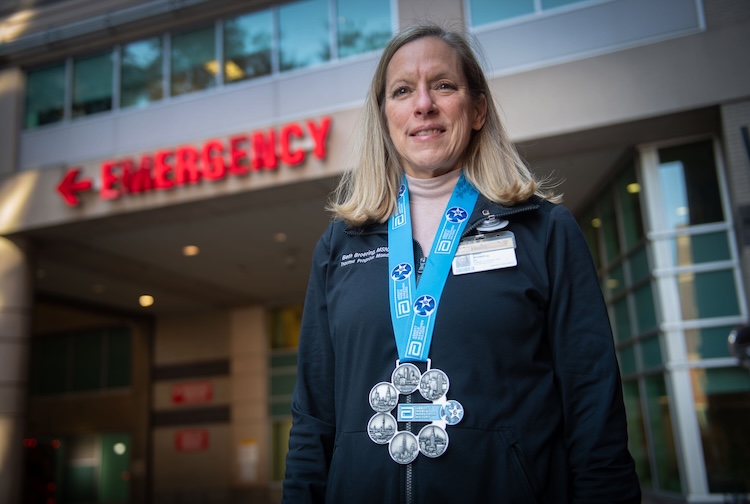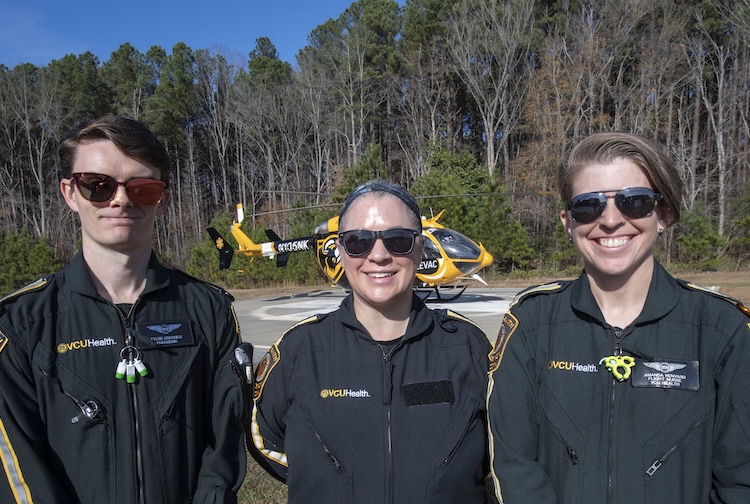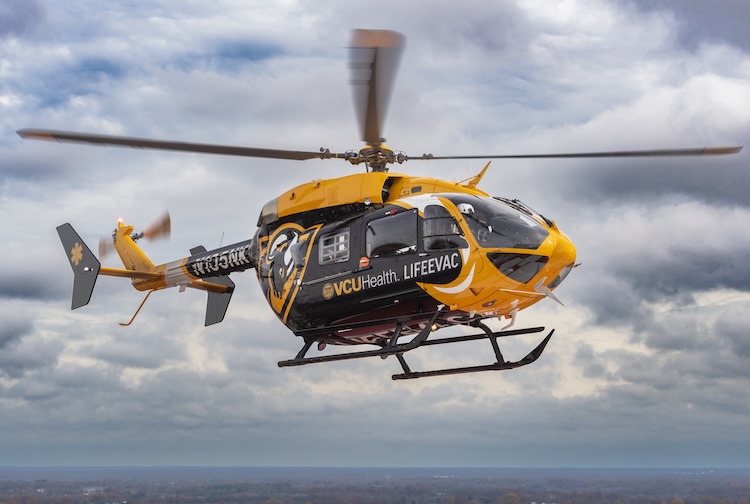Certified Registered Nurse Anesthetists play a critical role in Virginia
April 22, 2022
By Gabriel Restrepo, DNAP, CRNA
Healthcare administrators across the country have raised concerns about workforce shortages, an issue that has been exacerbated during the COVID-19 pandemic. This can be seen at healthcare facilities across Virginia and especially in rural areas, where access to care can be harder to come by. Fortunately, certified registered nurse anesthetists (CRNAs) have stepped up to help address the issue.
For nearly 20 consecutive years, nurses have ranked highest in Gallup's polls for honesty and high ethical standards, and 85% of Americans agree that in nursing, honesty and ethical standards are "high" or "very high." Among those in the nursing profession, CRNAs are one of the most sought-after healthcare providers.
CRNAs are advanced practice registered nurses who safely administer more than 50 million anesthetics to patients each year across the country. Nurse anesthesiology is the first profession to own the responsibility to deliver anesthesia services. Since its very beginning over 150 years ago, the administration of anesthesia by nurses has been essential in caring for patients safely, comfortably, and compassionately.
In Virginia and across the country, CRNAs practice in every setting in which anesthesia is delivered, from hospitals and medical clinics to our nations front lines providing care for our military heroes. CRNAs are qualified to make independent judgments regarding all aspects of anesthesia care based on their education and licensure.
CRNAs also play a critical role in rural Virginia, where they ensure care for medically underserved populations as the primary providers of anesthesia care. Their work in these communities ensures healthcare facilities can offer obstetrical, surgical, pain management, and trauma stabilization services.
"CRNAs have been the backbone of our anesthesia program for many decades at our hospital," said Scott Burnette, President of VCU Health Community Memorial Hospital in South Hill, VA. "Their skills and expertise have been a key factor in our ability to provide essential services to our patients in the region of Virginia and northern North Carolina."
During the COVID-19 pandemic, CRNAs were on the frontlines of the public health crisis, collaborated with other fellow clinicians, developed best practices, assumed critical care responsibility duties, managed intubation and ventilatory support parameters, directed incident command centers, and used innovation and expertise to solve problems. Simply put, throughout the pandemic, CRNAs worked at the top of their licensure and training and saved lives.
A report from the Centers of Medicare and Medicaid Services (CMS) "Putting Patients First" provided data that indicates CRNAs are among the most utilized healthcare providers in the nation during the pandemic. According to the data CRNAs were among the top 20 specialties that served the most beneficiaries at the peak of the COVID-19 public health emergency crisis. CMS also cites that its action to waive the physician supervision requirement of CRNAs is among its notable accomplishment in healthcare.
CRNAs are proud to be part of your community and are ready to serve all patient populations across the Commonwealth of Virginia, either when they are at their most vulnerable - having a baby, undergoing a surgical procedure, or seeking relief from intractable pain.
Nursing is the largest healthcare profession and among the nation's most trusted occupations. CRNAs have earned the public and patient trust by bringing the best in overall patient experience and safety. Learn more about Certified Registered Nurse Anesthetists in Virginia at www.VirginiaCRNA.org.
Gabriel Restrepo, DNAP, CRNA, works at Community Memorial Hospital in South Hill, Va.




